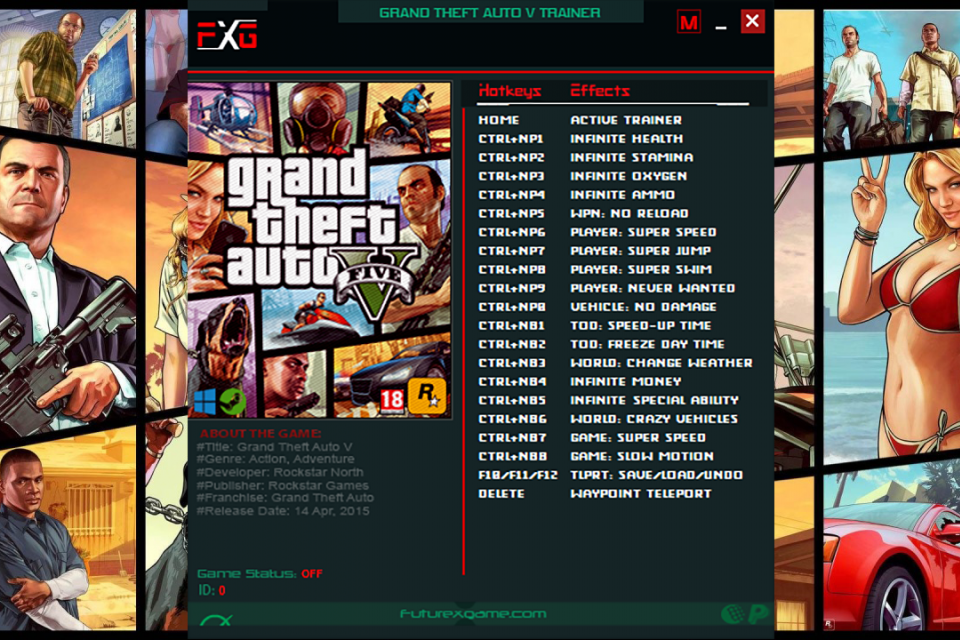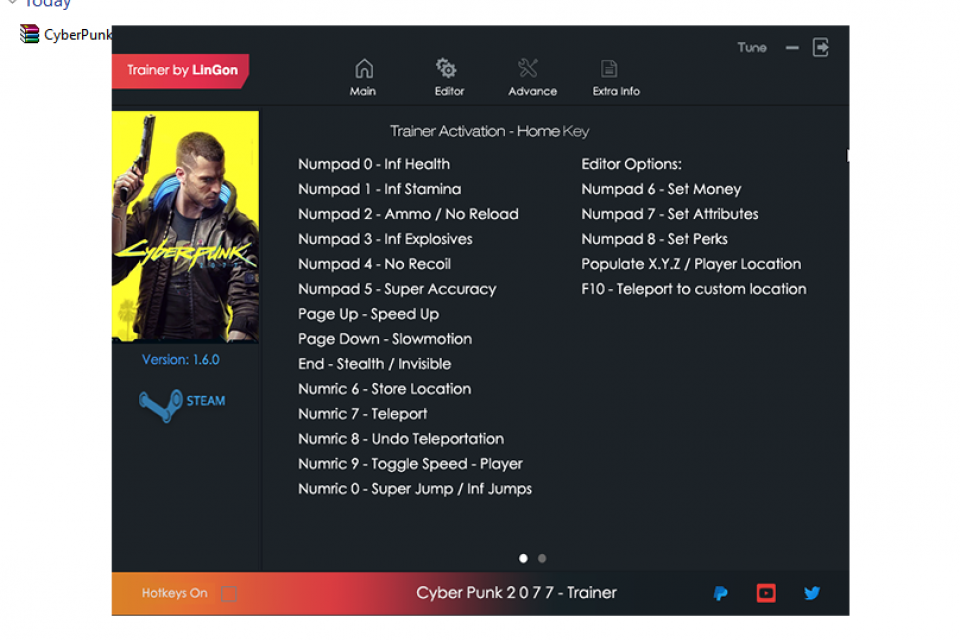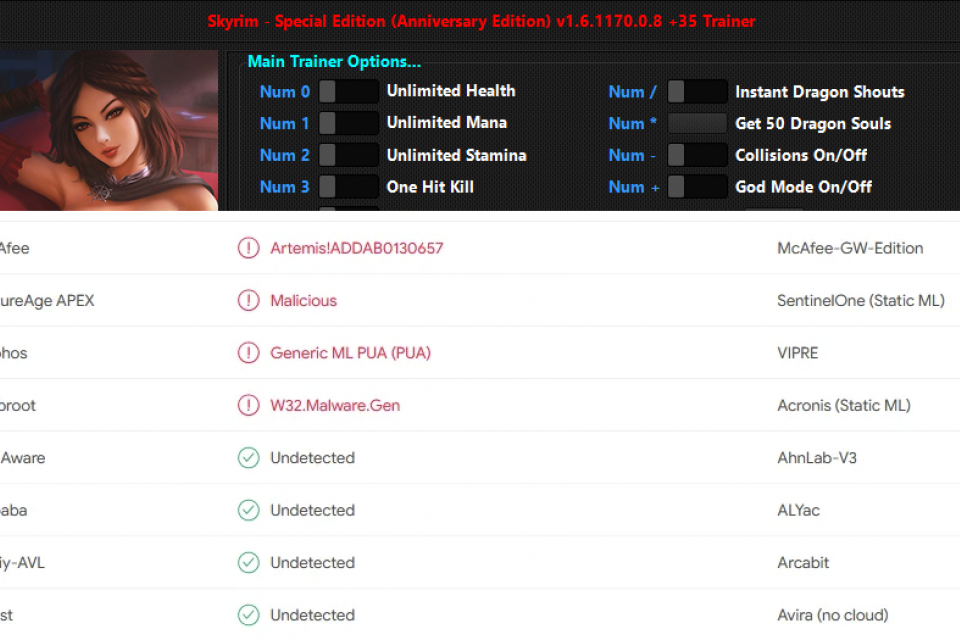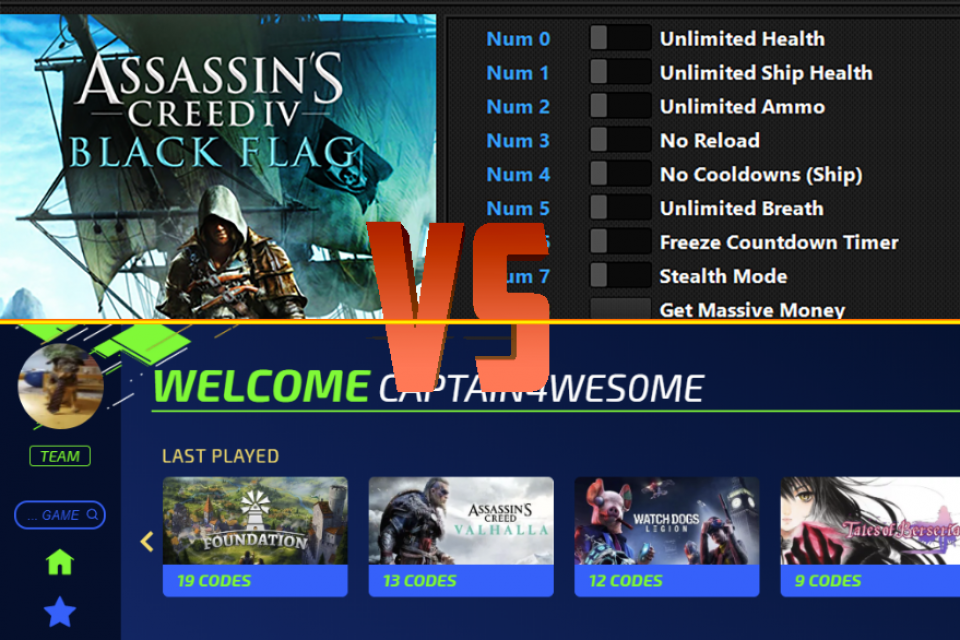
As multiplayer games have evolved from simple LAN parties to vast online worlds, the battle against cheating has become increasingly complex. Anti-cheat software is at the forefront of this battle, employing sophisticated techniques to ensure a fair playing environment.
The Early Days to Now: A Tech Arms Race
Initially, combating cheating was straightforward. However, as games and cheating methods grew more sophisticated, so did anti-cheat solutions. Today, they use a mix of signature-based detection, heuristic analysis, and behavior monitoring to identify cheaters. This progression mirrors the technological arms race in cybersecurity, where each new measure is met with more advanced countermeasures.
The Heart of Multiplayer Integrity
At its core, anti-cheat software preserves the essence of multiplayer gaming: competition, fairness, and fun. By ensuring that victories are earned through skill rather than deceit, it upholds the spirit of competition that drives players to improve and enjoy the game. It's not just about blocking cheats; it's about fostering a culture where fair play is valued above all.
Adapting to New Challenges
As multiplayer gaming continues to evolve, so too does the landscape of cheating. Modern games are not just software but platforms for extensive social interaction, making the impact of cheating more profound. Anti-cheat developers must constantly innovate, adapting to new technologies and gaming formats, from virtual reality to mobile platforms.
A Community Effort
The development and implementation of anti-cheat software are not just a technical challenge but a communal one. Developers, players, and even streamers play a role in defining the boundaries of fair play. This collective effort has led to the development of more transparent and fair systems, where players are part of the solution, contributing to a healthier gaming environment.
Popular Anti-cheat Software
- Valve Anti-Cheat (VAC): Integral to Steam games, VAC is known for its effectiveness in banning cheaters across popular titles like "Counter-Strike: Global Offensive."
- BattleEye: Famed for its use in PUBG and Rainbow Six Siege, BattleEye is praised for its proactive measures against cheating.
- Easy Anti-Cheat (EAC): Employed in a variety of games from Fortnite to Apex Legends, EAC is renowned for its comprehensive approach to maintaining game integrity.
- PunkBuster: One of the pioneers, PunkBuster has been safeguarding games like Call of Duty and Battlefield for years.
- Riot Games’ Vanguard: Specifically developed for Valorant, Vanguard is notable for its kernel-level detection methods, offering deep system analysis to prevent cheating.
These tools represent the forefront of the ongoing battle against cheating, each contributing unique approaches to ensure fair play in the multiplayer gaming arena.
Looking Forward
The future of anti-cheat in multiplayer gaming promises even more sophisticated technologies, like AI and machine learning, to predict and prevent cheating before it happens. But beyond technology, the ongoing evolution of anti-cheat reflects a commitment to the values of fairness, integrity, and community that are the foundation of multiplayer gaming.
This journey through the evolution of anti-cheat software underscores its critical role in shaping the future of multiplayer gaming. By ensuring that games remain fair and enjoyable for everyone, anti-cheat software not only combats dishonesty but also celebrates the spirit of competition and the joy of gaming together. As we look forward, the continued innovation in anti-cheat technologies and community engagement will undoubtedly play a pivotal role in defining the next era of multiplayer gaming.







